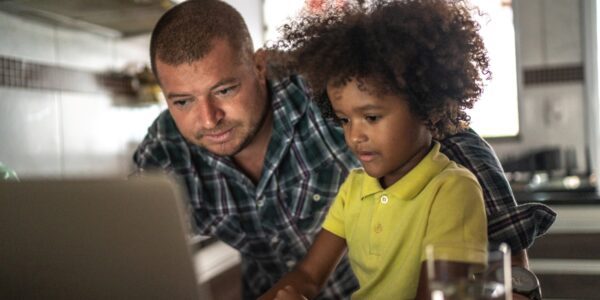-
Dr Manon JonesUniversity of Bangor
-
Dr Cameron DowningLeeds Trinity University
-
Dr Marketa CaravolasBangor University
-
Professor Charles HulmeUniversity of Oxford
Project overview
School closures over the COVID-19 pandemic have negatively impacted children’s literacy development, putting this generation of children at risk of poorer educational outcomes.
The research team leading this project have developed a Research Instruction of Language and Literacy Programme (RILL) to help UK primary-aged children improve their literacy skills and build in resilience to any future school closures. The RILL programme is a language-rich, vocabulary and literacy programme, aimed at children in Years 3 and 4. A remotely administered pilot showed significant gains in literacy skills and this project will use a randomised control trial (RCT) to assess the efficacy of RILL.
The RCT will involve schools from across the UK, focusing on less affluent areas to assess RILL’s potential for narrowing the socio-economic literacy gap. Online observation, online surveys, focus groups, questionnaires, and semi-structured interviews will be used to assess the programme. The core cognitive, language, and literacy skills of all children will be measured at the start and end of the programme and 6 months later.
The outcomes of the project will be to establish the success of RILL as a literacy intervention programme, with longer-term aspirations to use RILL to help close the literacy gap for struggling readers. The research team will develop and test further adaptations of the programme for different groups, including parents and children learning at home.
The main output will be a publicly available report accompanied by bespoke dissemination activities. Podcasts, blogs, and social media will target a national network of interested stakeholders and the research team will further develop the existing project website to host guidance for teachers and parents.






































